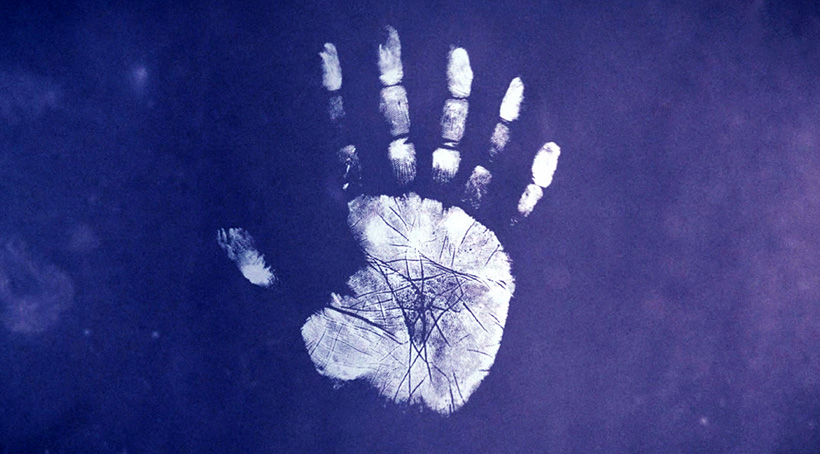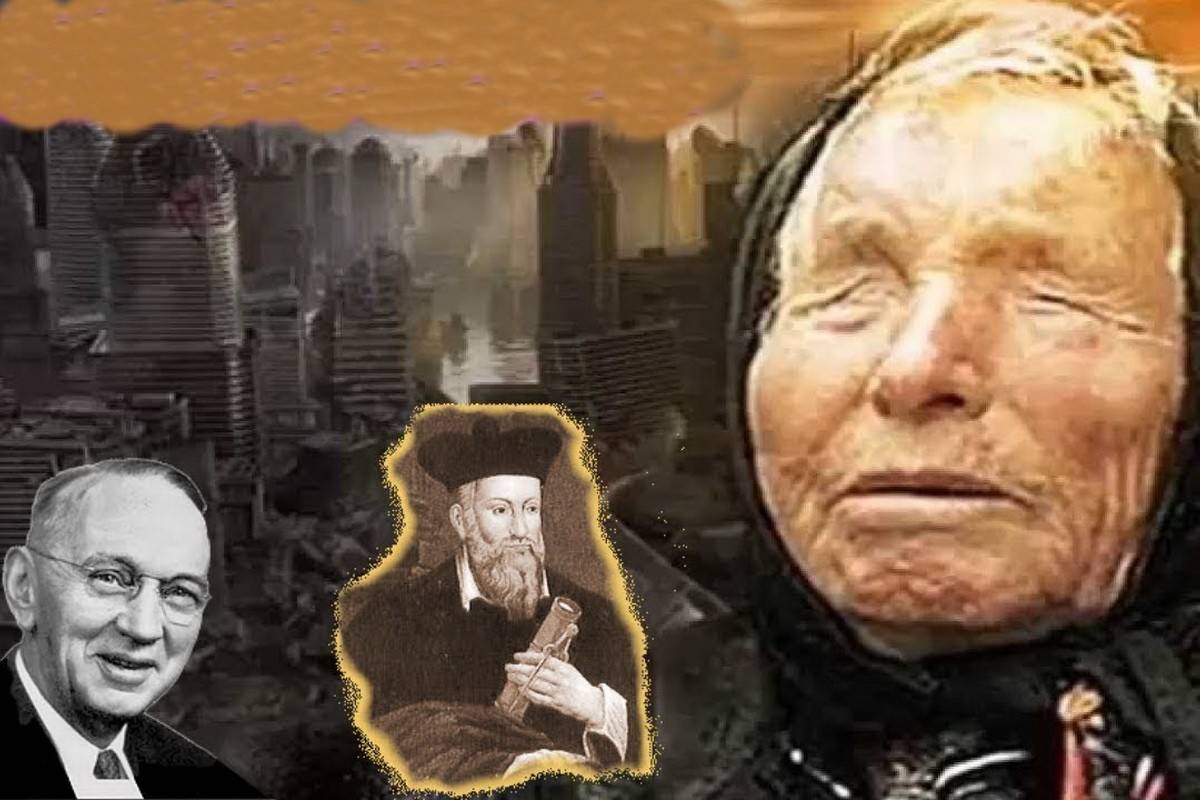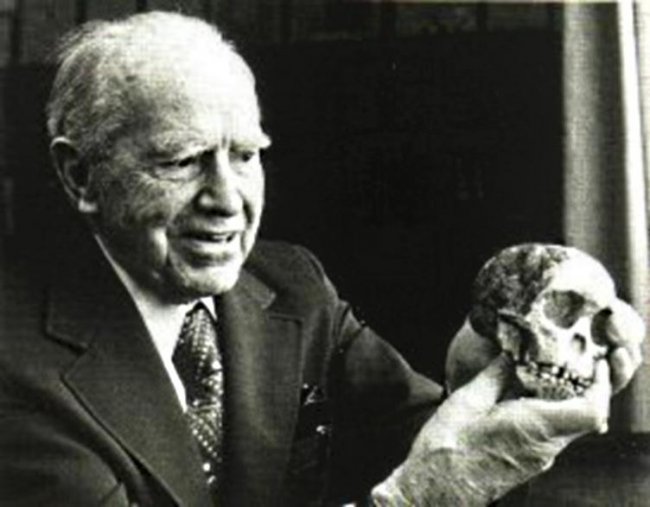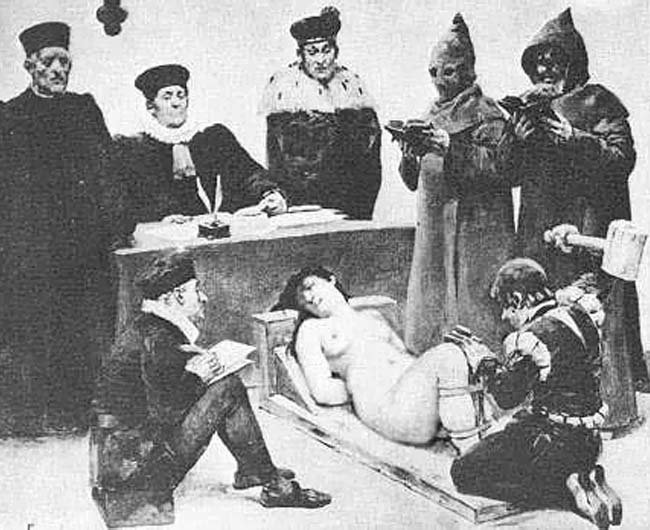Time travel – fantasy or reality?
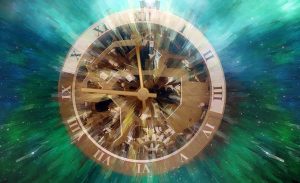 In 1895, English science fiction writer Gerber Wells released the novel “The Time Machine.” It presented an original idea: someday scientists will create a device that allows you to travel into the past and future, perhaps even interfere in the course of history. Since then, this idea is haunted by many. And she has already led physicists to the discovery, which without exaggeration can be called sensational.
In 1895, English science fiction writer Gerber Wells released the novel “The Time Machine.” It presented an original idea: someday scientists will create a device that allows you to travel into the past and future, perhaps even interfere in the course of history. Since then, this idea is haunted by many. And she has already led physicists to the discovery, which without exaggeration can be called sensational.
The first prerequisites for the study of the theoretical possibility of time travel appeared after Albert Einstein formulated the provisions of the special and general theories of relativity. In the first of these, the dependence of time on the speed of the object was asserted: the closer to the speed of light, the time passes more slowly. In the second – the dependence of time on gravity: time again flows more slowly near massive bodies.
Einstein’s theories made a real revolution in perception. It turned out that the time machine was “designed” by nature itself. For example, if the ship is accelerated to near-light speeds, then its crew will go to a distant future. To illustrate this effect, the “paradox of twins” is usually used: an astronaut returning from a flight to the stars will be younger than his twin brother remaining on Earth.
But much more impressive are the consequences of the general theory of relativity. It turns out that the course of time can be changed by distorting space in much the same way as gravity does. And if you contrive and create a special spatial formation, called today the “mole hole” (or “wormhole”) connecting remote points of space, then it becomes theoretically possible to break the cause-and-effect relationship and be at the exit from the “hole” before going there.
Einstein himself denied the existence of “worm holes”, because, in his opinion, they should immediately “collapse”. However, later the American physicist Kip Thorn proved that the so-called “exotic matter” (theoretical material with negative energy density) can be used to stabilize the “wormholes”, but the impossibility of its existence in reality has not yet been proved. Moreover, Russian scientists Arkady Popov, Sergey Sushkov and Sergey Krasnikov showed that “exotic matter” in theory can be generated artificially.
It turns out that there are no serious theoretical obstacles for creating a machine. And if it can be created in theory, sooner or later someone will necessarily figure out how to put it into practice. Why so far we have not seen a single time traveler who came to us from the future? Or is our era of little interest to them?
One of the hypotheses, which explains the absence of such travelers, says that movement in time is impossible because of a violation of cause-effect relationships. As an illustration, the classic paradox of the “killed grandfather.” If, for example, a time traveler for some reason wants to kill his grandfather before conceiving his father and fulfills his plans, he will disappear and will not be able to kill his grandfather.
The same can be said about any serious interference in the affairs of the past: a violation of cause-effect relationships will inevitably destroy the Universe. Therefore, nature should impose restrictions on such violations. The same paradox of the “killed grandfather” can be resolved, provided that at some point something aggressive goes to the aggressive time traveler and he fails to realize the murder plan.
Another hypothesis was advanced by the famous astrophysicist Carl Sagan. He believed that the creators of the time machine are powerful enough to track causal relationships, therefore, although they are secretly among us, they manage to do without interfering with the historical process.
To prove the impossibility of building a time machine, the American physicist Stephen Hawking conducted an amusing experiment. He placed in the newspapers an announcement calling for all newcomers from the future to visit his house on the night of the nearest Christmas.
He proceeded from the assumption that in the future someone will read his invitation and will want to visit him using his personal time machine. But no one came to him at Christmas. What prevented the journey through time? Stephen Hawking believed that two options are possible.
The first option is pessimistic. The time machine will never be built, or it will be built and tried to be used, as a result of which a certain global catastrophe will occur that will put an end to the development of this technology.
Indeed, calculations show that for penetration into the past according to the scheme proposed by Kip Thorne, energies are needed that are comparable to the energy of the entire Universe and even exceed it. It is clear that it is unlikely that even in the distant future the power of civilization will rise to heights, allowing to control such forces.
